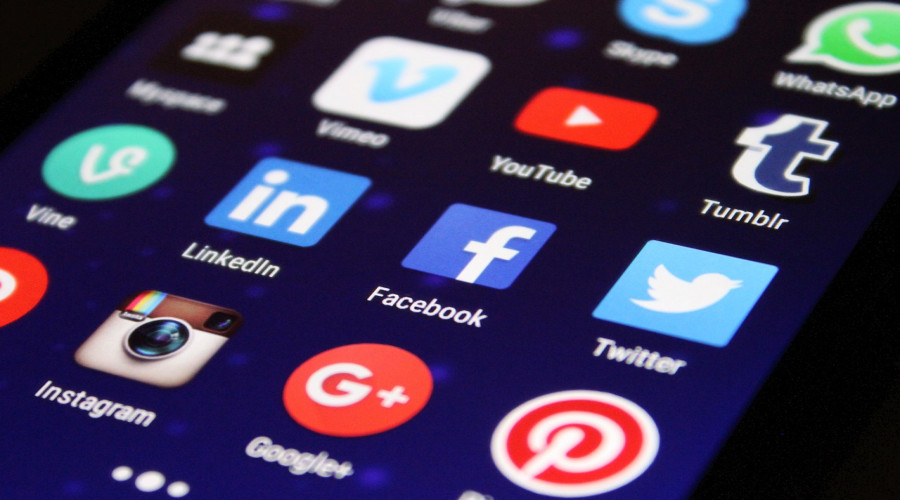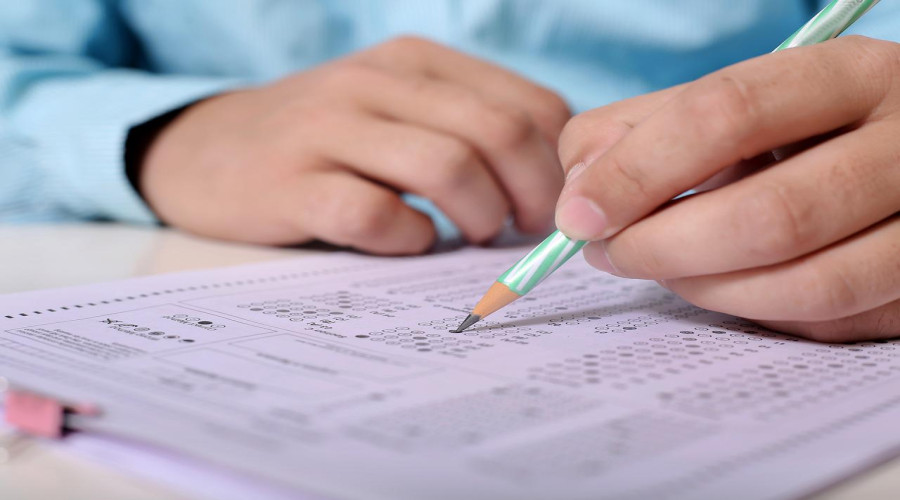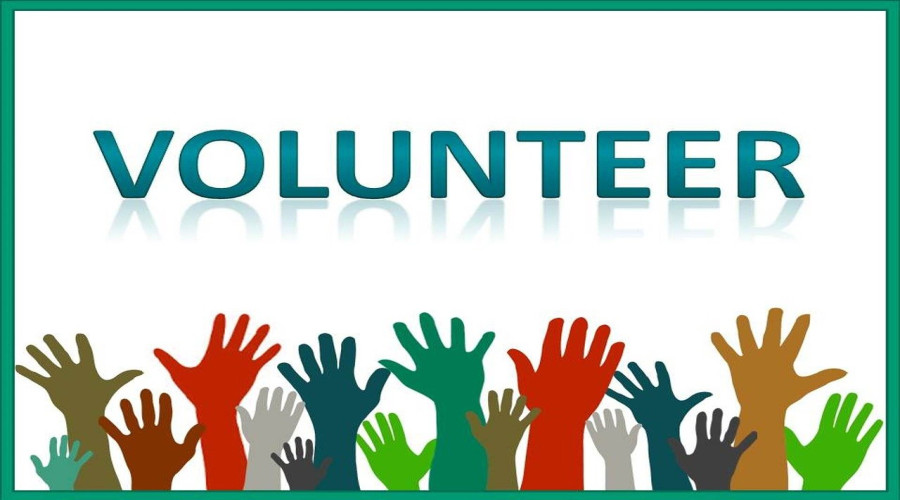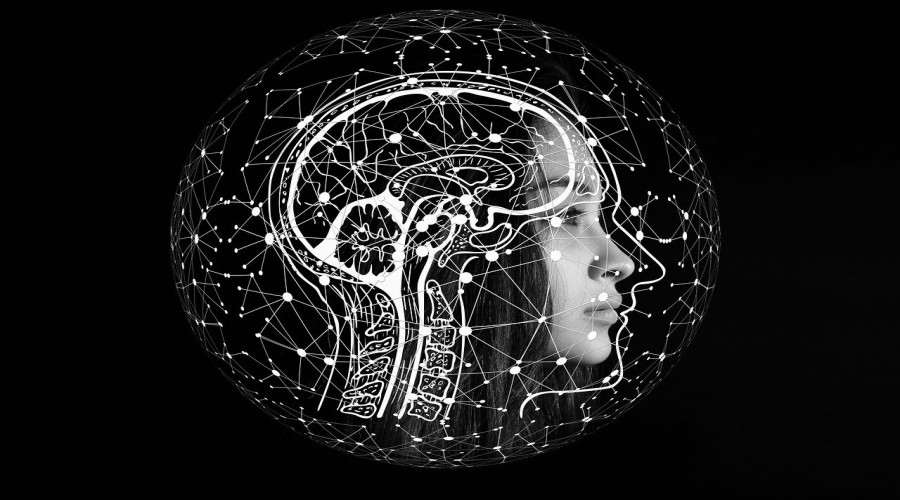The Double-Edged Sword: Social Media and Student Mental Health

11
Sep
The Double-Edged Sword: Social Media and Student Mental Health
- Social media has become an intrinsic component of the modern world, especially for students. According to a recent study by Hilal and Hatice, students spend an average of 6 hours per day on social media platforms. While it provides a lot of benefits, such as staying up-to-date and connecting with friends and family, it can also have a substantial effect on mental wellbeing.
Positive Impacts of Social Media
- Connection and Communication
Social media platforms provide a means for students to interact with family, friends and like-minded individuals.
Information Access
Social media allows students to harness a vast amount of information and resources.
Networking Opportunities
Social Platforms like LinkedIn allow students to build professional networks and explore career opportunities.
Negative Impacts of Social Media
Social comparison
Consistent access to carefully curated online profiles can bring about feelings of inadequacy and low self-esteem.
Depression
Excessive social media use has been linked to increased symptoms of anxiety and depression such as frustration, and restlessness.
Sleep disturbances
Exposure to screens and constant notifications can interfere with sleep patterns, leading to fatigue and other related issues.
Online bullying
Exposure to social media can lead to cyberbullying and harassment which can have a detrimental effect on mental balance.
Social isolation
Excessive use of social media can lead to feelings of loneliness and isolation.
Addiction
Social media addiction will lead to excessive screen time which can affect the eyes and negligence of other important aspects of life.
Stress and anxiety
The constant pressure to maintain an online presence can contribute to stress and anxiety.
Tips for Healthy Social Media Use
Set limits
Establish boundaries for your social media use and avoid excessive scrolling.
Unfollow Negative Accounts
Remove accounts that make you feel inadequate or compare yourself to others.
Take breaks
Stay away from social media regularly to reduce screen time and focus on other productive activities.
Practice mindfulness
Practice mindfulness techniques such as meditation and breathing exercise to manage stress and improve mental wellbeing.
Seek support
If you are struggling with your mental health, do not hesitate to seek help from friends, family, or mental health professionals.
Always remember that social media is a tool, and how you use it can significantly impact your mental health. By being mindful and taking steps to protect your wellbeing, you can enjoy the benefits of social media while mitigating the risks.
To wrap up, If you are struggling with your mental health due to social media, reach out to a trusted friend, family member, or mental health professional. Remember, you're not alone. There are resources available to help you navigate the challenges of the digital age.
Don't let social media control your life. Take back control and prioritize your mental health!




